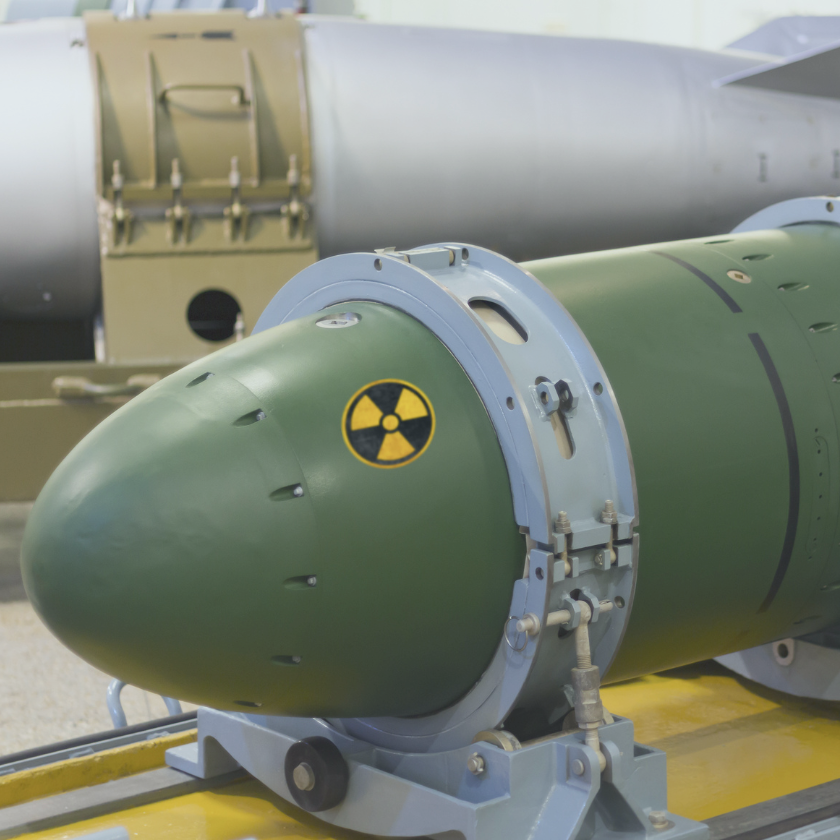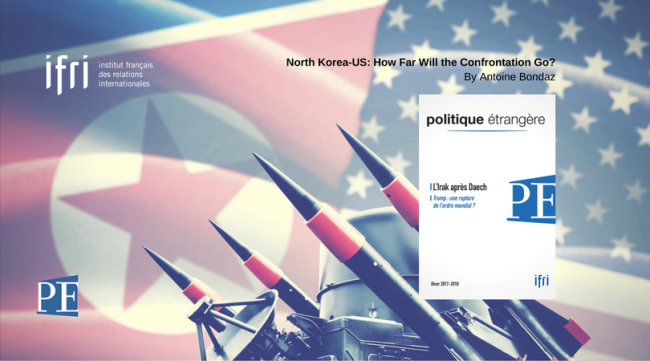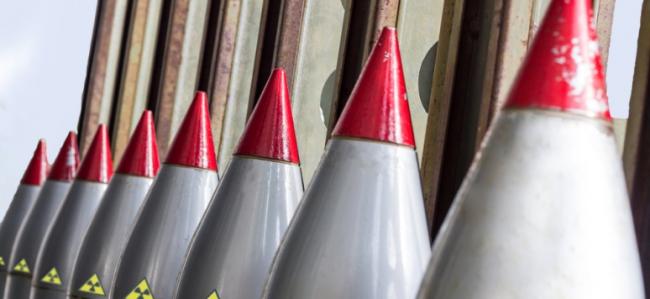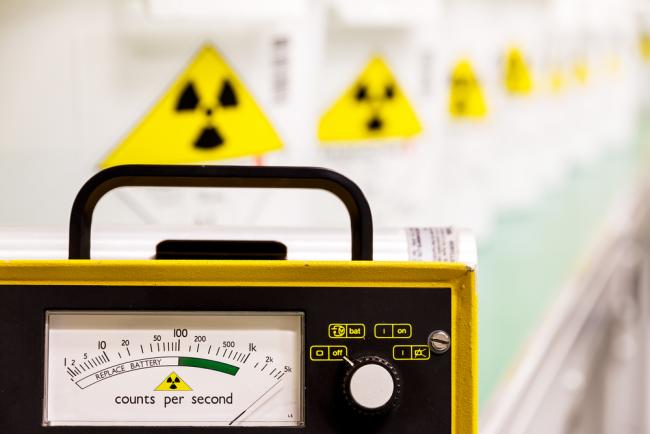Deterrence and Proliferation
The issues of nuclear deterrence and weapons proliferation are back in the balance of power between states. China, Russia, Iran, North Korea: arsenals are growing and modernizing.
Related Subjects

North Korea-US: How Far Will the Confrontation Go?
Since Kim Jong-Un came to power, the North Korean regime has significantly strengthened its nuclear and ballistic capabilities.

Iraq after Daesh
Going beyond the numerous claims of rupture, is Trump overturning the international order and the place occupied in it by the United States?
La guerre nucléaire limitée : un renouveau stratégique américain
Over the past few years, a debate on possible scenarios of limited nuclear weapons use has surfaced again in the United States. Russian nuclear saber-rattling since 2014 and the growing tensions in the Korean peninsula have led Washington to reassess its own ability to deter, or respond to, such a limited use of nuclear weapons.

ASEAN at 50: Half a Century of Unique Experience
In its fifty-year existence, the Association of Southeast Asian Nations (ASEAN) has developed a complex, progressive and balanced approach to regional integration. Rather than the European Union’s far-reaching statements of ever-closer union, ASEAN combines highly diverse economic and political strategies of different States whose main priority is to safeguard sovereignty.
North Korea's Nuclear Posture: an Evolving Challenge for U.S. Deterrence
A more capable, nuclear-armed, North Korea will pose very substantial challenges to the U.S. deterrence posture.
The NPT and the Origins of NATO’s Nuclear Sharing Arrangements
Russia has recently accused the United States and NATO Allies of violating the Treaty on the Non-Proliferation of Nuclear Weapons (NPT) by arguing that NATO's nuclear sharing arrangements are not permitted under the Treaty.
The Future Middle East Strategic Balance. Conventional and Unconventional Sources of Instability
This paper seeks to analyze the future Middle Eastern military balance of power, in a time horizon of five to ten years.
The Challenges of Maintaining Nuclear Cultures : US and UK perspectives
After the world entered the nuclear age, civilian and military organizations have witnessed the slow emergence of nuclear cultures, defined as the set of values and knowledge, shared among the national security community, about the relative importance of nuclear weapons in the country’s defense posture, the distinctive features of nuclear weapons in terms of security, safety and operational requirements, and the workings of deterrence.
Cross-Domain Coercion: The Current Russian Art of Strategy
This paper traces the evolution of Russian views on the art of coercion, and on the role of nuclear weapons in it, from the post-Cold War “regional nuclear deterrence” thinking to the current “Gerasimov Doctrine”.
Conventionalizing Deterrence? U.S. Prompt Strike Programs and Their Limits
About a decade ago, the U.S. started to examine options to develop and acquire Conventional Prompt Global Strike capabilities. This move fits in an effort to conventionalize deterrence, an effort initiated decades before and undertaken for profound and diverse motives. Although it has been renewed under the Obama administration, which aims to reduce the U.S. reliance on nuclear weapons, this ambition has resulted in very little concrete progress.
Conventionalizing Deterrence? U.S. Prompt Strike Programs and Their Limits
About a decade ago, the U.S. started to examine options to develop and acquire Conventional Prompt Global Strike capabilities. This move fits in an effort to conventionalize deterrence, an effort initiated decades before and undertaken for profound and diverse motives. Although it has been renewed under the Obama administration, which aims to reduce the U.S. reliance on nuclear weapons, this ambition has resulted in very little concrete progress.
East Asian Regional Economic Integration: A Post-Crisis Update
To the surprise of many analysts, the outbreak of the global financial crisis (GFC) in 2008 did not leave East Asian economies unscathed. The objective of the paper is to examine the implications of the GFC for the regional economic integration process in East Asia, taking into account both the de facto and the de jure dimensions.
Support independent French research
Ifri, a foundation recognized as being of public utility, relies largely on private donors – companies and individuals – to guarantee its sustainability and intellectual independence. Through their funding, donors help maintain the Institute's position among the world's leading think tanks. By benefiting from an internationally recognized network and expertise, donors refine their understanding of geopolitical risk and its consequences on global politics and the economy. In 2025, Ifri supports more than 80 French and foreign companies and organizations.










